Contents
1. What to Read
2. Reading Aloud
3. Can You Read Englishmen’s English?
4. What kind of English?
5. The Question of Background
6. Books on English and Books in English
7. An Easy Sentence to Study
8. What Does “Would of Come” Mean?
9. “More Presently”
10. Double Negatives in Current English
11. About the Study of Grammar
12. Knowing Just Enough Grammar to Go Wrong
13. The Language Is the Main Thing
14. Logic and Usage
15. Something Unnatural
16. A Good Knowledge of Bad English
17. Reading Dictionaries
18. Make Your Own Dictionary
19. Make Another Dictionary of Your Own
20. More about What to Read
21. Reading to Learn the Art of Expression
22. Learning English Conversation by Imitaion
23. Imitation, Good and Bad
24. Tongue and Pen
25. Simply Didn’t Know
26. So Many Points
27. How to Say It
28. A “Foolish” Principle of Composition
29. An Aid to Composition
30. Some Mistakes to Consider
31. Some More Mistakes to Consider
32. Better Short Than Long
33. Something More Important Than Enlarging One’s Vocabulary
34. Make the Word Your Own
35. A Warning Regarding the Use of Words
36. The Word
37. What “Literary English” Means
汉译文
展开

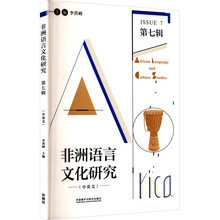
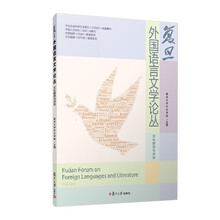
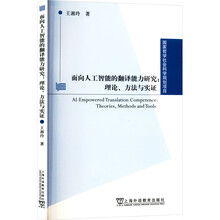
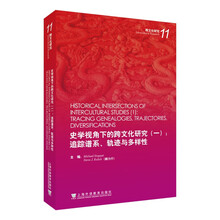
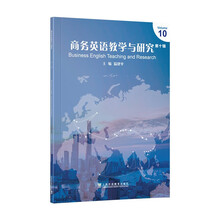
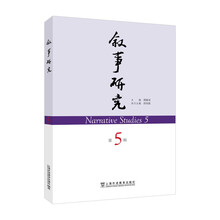
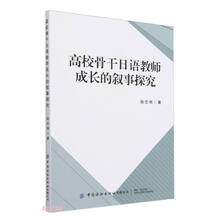
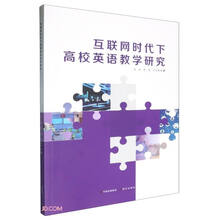
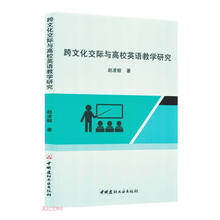
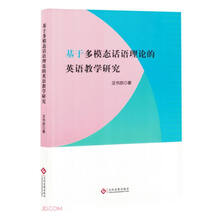
——复旦大学朱绩崧博士(@文冤阁大学士)